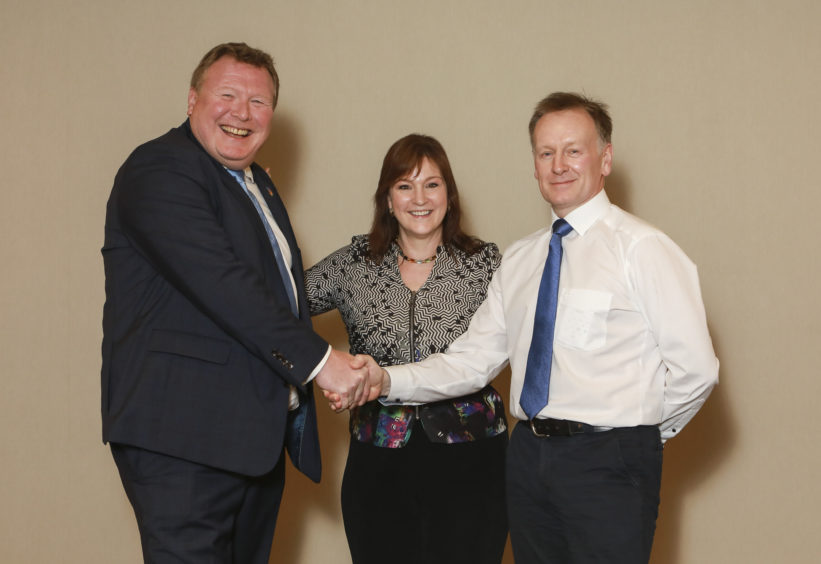
Two global industry bodies have joined forces in a bid to “eliminate fatalities” from offshore oil industry helicopter transport.
The safety and aviation committee of the International Association of Oil and Gas Producers (IOGP) has linked up with HeliOffshore for the new joint industry project (JIP).
North Sea helicopter safety will come into focus again this week, with the preliminary hearing for a Super Puma crash that killed four people off Shetland in 2013 scheduled to begin in Aberdeen on Wednesday.
The JIP will have a budget of about £500,000 in its first year to advance key safety programmes, with additional cash expected to be made available subsequently.
Ten IOGP member companies, some of which are also HeliOffshore members, have committed investment, so far.
The JIP will start by supporting an initiative created by HeliOffshore to improve and assess safety programmes using data.
Resources will also go toward an existing scheme that could result in changes to helicopter design and maintenance, making the aircraft more resistant to human error.
Furthermore, research tracking helicopter pilots’ eye movements, new weather information and a rig location trial will receive support.
IOGP safety director Olav Skar said he had “deep respect” for HeliOffshore’s work and that he was “proud” to have an opportunity to contribute.
Mr Skar said: “We are humble in joining their efforts, which we expect will deliver a positive impact beyond the oil and gas industry as well. Together, we really do make a bigger difference.”
IOGP aviation committee chairman Tony Cramp said the partners would strive to deliver “zero fatality operational performance” by accelerating vital offshore helicopter safety programmes.
HeliOffshore chief executive Gretchen Haskins said: “We are delighted with this strong commitment from the oil companies to our shared work to deliver safety excellence in areas we know will save lives.
“It is especially encouraging to see this powerful investment in safety in the current challenging business environment.
“We call for our members to create the business case for JIP funding for new collaborative projects with the potential to prevent fatalities.
“Together, we will deliver important breakthroughs in safety performance so every flight is a safe one.”
Jake Molloy, regional organiser at the RMT trade union, said: “While this investment is welcome, it simply isn’t sufficient to allay the concerns the Trade Unions have about the effects of commercial pressure on the helicopter operating companies and manufacturers.
“The relentless squeeze to reduce costs on the entire supply chain, which includes the helicopter support sector, continues to detract from opportunities to innovate.
“Our position on the need for a Public Inquiry to consider commercial pressure remains unchanged by this news.”
Mr Molloy added: “We would obviously welcome a focus on keeping the aircraft in the air, rather than see an over emphasis on surviving an event. It’s the ‘events’ we want to see eliminated and that will take significant investment.
“We would suggest this investment starts by creating a commercial relationship which itself encourages innovation and continuous improvement in safety performance.”
Recommended for you

